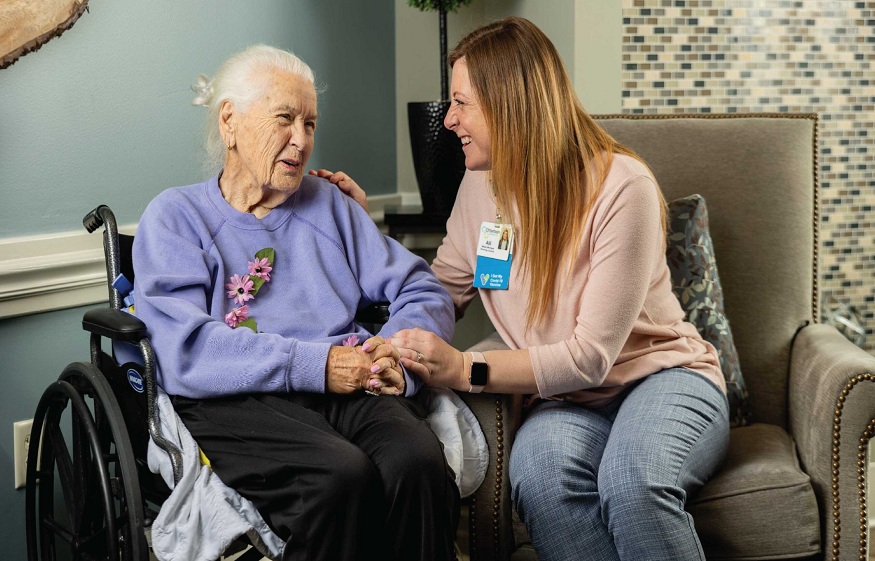Now that you have decided to take your loved one to a care home, you want to ensure that they are adequately prepared for it. We know that seniors can be quite stubborn or arrogant sometimes and are more likely to resist staying at residential care Birmingham.
But with adequate preparation, the transition can be smooth. But remember that preparing your loved one for care home won’t be easy as you think as it involves thoughtful planning, clear communication, and empathy.
Whatever your reason for taking your loved one to a residential care home, here are steps to help you ease the transition.
1. Assess the need for a care home.
Before considering taking your loved one to a care home, you must evaluate if it is required. How can you do that? by identifying specific areas where you believe your loved one could be having challenges.
Do they have mobility issues? Are they finding it hard to keep up with the prescriptions? Or do they need assistance with daily living activities? If your loved one has these issues, it indicates that your loved one can significantly benefit from a residential care home.
2. Research and select the proper care home
Now that you have confirmed that your loved ones need a residential care home, it is time to start searching for the proper care home. There are numerous care homes available today; choosing the right one can be tricky and overwhelming.
You need to start by researching the care homes in your area because location matters when choosing a care home for your loved one. You wouldn’t want to drive longer distances more often when visiting your loved one at the facility.
Pay attention to things such as accreditation and licensing since these two guarantee that the care home has met all the regulations and that its staff are adequately trained to offer their caregiving services. You also need to ensure that the care home has a solid track record by reading online reviews and testimonials about them online.
3. Communicate openly and involve your loved one.
The next crucial step is to candidly discuss with your loved one and explain why a residential care home is necessary and how it can benefit them. You must highlight the positive side of the dementia care home Solihull, such as 24/7 care, companionship, regular & nutritious meals, and medication management.
Allow them to express their fears, concerns, and expectations about residential care. This can make them feel more in control and less resistant to the idea.
4. Prepare them emotionally and practically.
Finally, you must also emotionally prepare your loved one for the transition. Show empathy and understanding towards their feelings. Remember that moving to a residential care home can be tricky since it evokes fear or loss of independence. Reassure them that residential care is the best way to enhance their quality of life and not take away their independence, as they may believe.
Final thoughts
Taking your loved one to a residential care home is an incredible way to enhance their quality of life and ensure their health and safety. However, you must adequately prepare them to make the transition smooth. By implementing the above steps, you can easily hack it.
You may also like
-
Healthcare Outsourcing to the Philippines: Achieving Revenue Cycle Excellence Through Strategic Partnership
-
The Quiet Standards That Define a High-Performing Endovascular Device Supplier in Modern Healthcare
-
Role of Free Zones in Supporting Pharma Export Businesses in UAE
-
How to Find a Reliable Dietitian Online in India
-
Top Reasons to Source Medicines from Indian Pharma Exporters

